We are used to thinking of a “mass media” market made up of large newspapers and TV networks as the normal state of affairs in media, but what if that was just a historical anomaly?

|
Scooped by
Guillaume Decugis
onto Content curation trends May 11, 2013 7:11 PM
|
Interesting post by Mathew Ingram. It reminds me of a similar observation Mick Jagger made about recorded music. He noted that artists only made money from records from roughly 1970 to 1997: in the 60's and before, mass consumption hadn't developed enough for artists to get enough leverage against their record labels while after 1997, piracy and digital music dramtically change the whole recorded music model.
For all Content Industries including Music, Movies and Media, the anormal situation might therefore not as much be what technology did in the last few years than what it did a century ago.
When it comes to media content, technology improvements have known 2 distinct eras, one of which very recent:
- from the invention of writing until the Web 2.0, progresses have primarily focused on offering greater and greater distribution : the book, the printing press, the rotary printing press, radio, TV and event the Web 1.0 all gave access to a wider audience to a small group of content creators;
- but from the social Web's beginning, we started to talk about user-generated content and everyone could potentially become a publisher: with blogs and social media, content creation and then even content curation itself are being democratized.
So I don't know if I agree with Ingram's point that historically mass media didn't exist (if the Bible isn't mass media, what is?) but we're certainly not coming back to a 1-to-many broadcast model.





 Your new post is loading...
Your new post is loading...
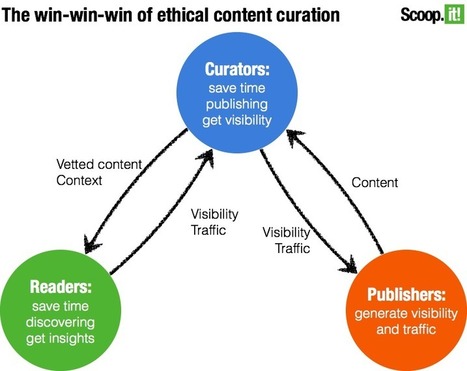








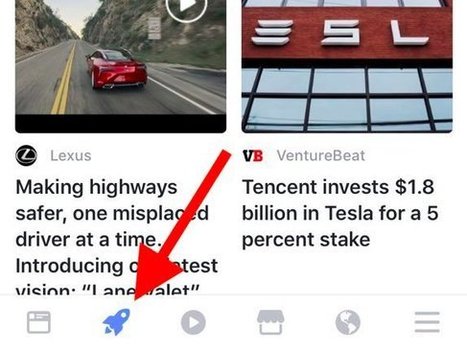


















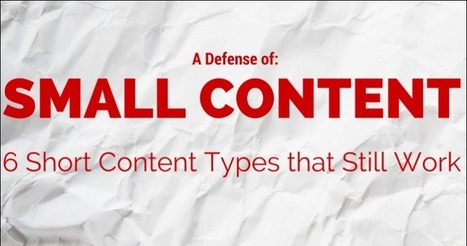


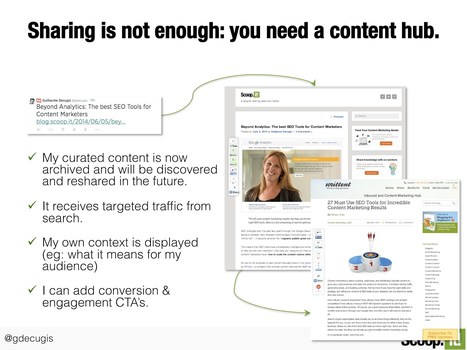



















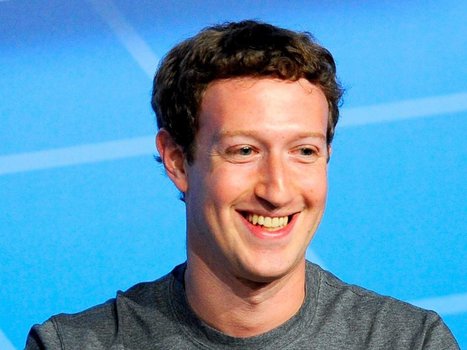
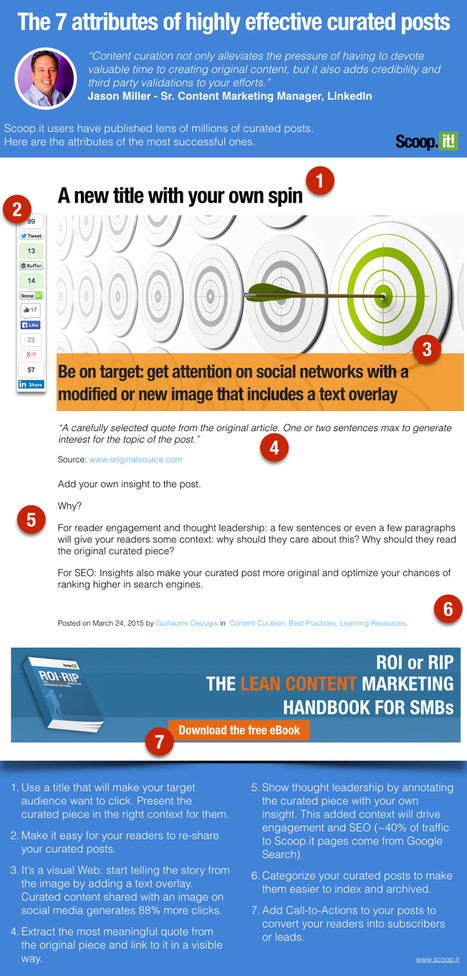








Social media, personal as it is, still depends on global companies doing business on a global level. Facebook with its almost 1,000 million users? Twitter? Google? Aren't they in the field to make a profit?